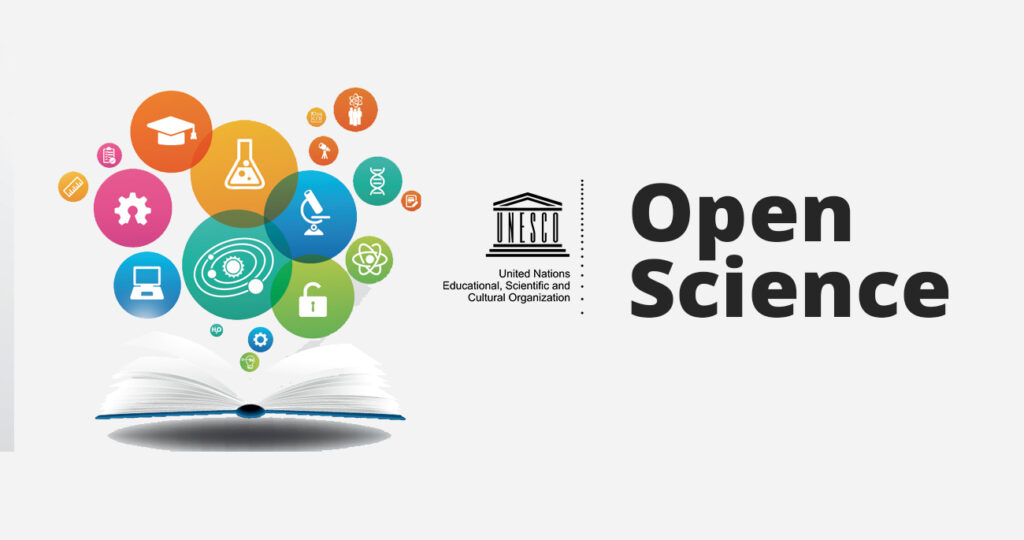
UNESCO Supports Open Science
UNESCO Supports Open Science https://opusproject.eu/wp-content/uploads/2023/04/open-science-1024x540.jpg 1024 540 Open and Universal Science (OPUS) Project Open and Universal Science (OPUS) Project https://opusproject.eu/wp-content/uploads/2023/04/open-science-1024x540.jpgUNESCO, the United Nations Educational, Scientific and Cultural Organization, has been actively promoting open science in recent years. Open science refers to the movement towards making scientific research and data openly accessible to everyone, without any barriers such as subscription fees or paywalls. UNESCO recognizes the importance of open science in advancing scientific knowledge and innovation, as well as promoting equity and inclusion in the scientific community.
One of the ways in which UNESCO is supporting open science is through the development of policies and guidelines. In 2019, UNESCO published the Recommendation on Open Science, which provides guidance to member states on how to promote open science in their respective countries. The recommendation highlights the importance of open access to research results, data sharing, and the use of open standards and platforms. It also emphasizes the need for capacity building and education to support the adoption of open science practices.
UNESCO has also been involved in a number of initiatives aimed at promoting open science. For example, in 2020, UNESCO launched the Open Science Knowledge Hub, a platform that provides access to a range of resources related to open science, including training materials, guidelines, and case studies. The platform is intended to support researchers, policymakers, and other stakeholders in adopting open science practices.
Another initiative supported by UNESCO is the OpenAIRE project, which aims to promote open access to research outputs across Europe. OpenAIRE provides a range of services, including a repository of open access publications, data management tools, and guidelines for open science policies. UNESCO has been involved in the project since its inception, and has provided support through funding and collaboration.
UNESCO has also been involved in efforts to promote open access to educational resources. In 2019, UNESCO launched the Open Educational Resources (OER) Recommendation, which encourages member states to promote the use of open educational resources. OER refers to educational materials that are freely accessible, openly licensed, and can be adapted or reused by others. The recommendation provides guidance on how to develop and implement policies that support the use of OER in education.
UNESCO is playing a key role in promoting open science through the development of policies and guidelines, as well as through its involvement in initiatives aimed at supporting open science practices. By promoting open access to research and educational resources, UNESCO is helping to advance scientific knowledge and innovation, and promoting equity and inclusion in the scientific community.
- Posted In:
- Open Science News




